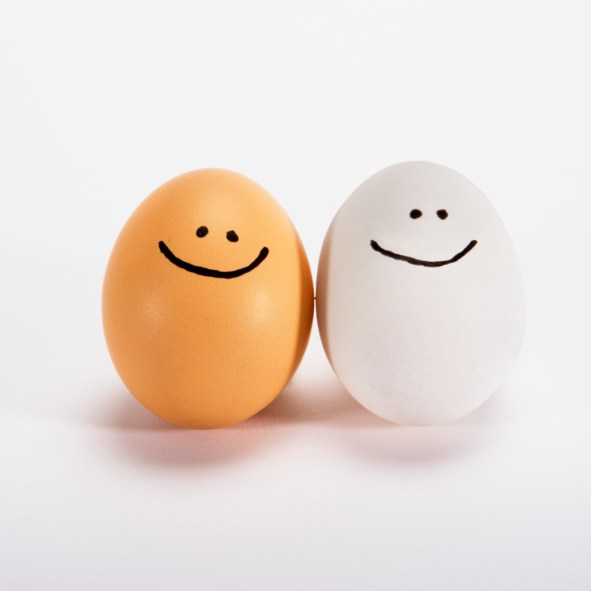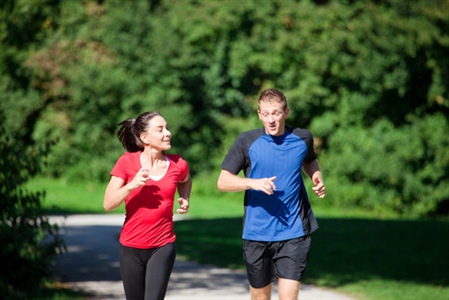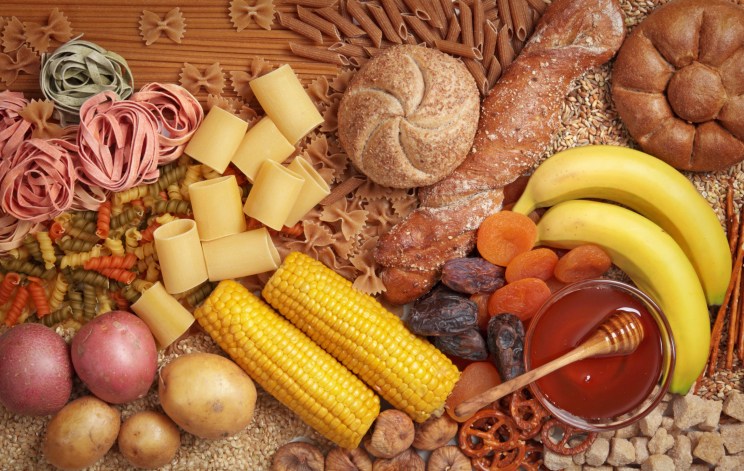Successful Dieting: How to Break Bad Habits and Form Good Ones
A recent article in the New York Times Sunday Magazine, "How Companies Learn Your Secrets," (Feb. 16, 2012) describes research, spearheaded by Ann Graybiel from the Massachusetts Institute of Technology (MIT), on the development of habits. Graybiel has been conducting research for more than 10 years with wired rats, T-shaped mazes, and chocolate. She discovered that habitual action begins with a cue, which leads to a routine, which then ends in a reward. Once people (or animals) engage in this loop (cue, routine, reward) repeatedly, the cycle becomes near-automatic. That is, the cue and reward become neurologically entwined, thought processing is significantly reduced and a sense of craving (for the reward) develops.
Habitual action via this cycle (cue, routine, reward) is a common phenomenon. It happens with everything from locking your front door to driving to work. It happens with eating and dieting, too. Take Jim, for example: Although he is trying to lose weight, when he feels stressed at work (cue), he immediately reaches into the stash of candy his coworker keeps on her desk and begins to eat (routine); then he feels relief and distraction, temporarily, from the stress (reward). Jim's brain kicks into autopilot the moment he feels stressed at work, so he fails to question his actions until he already has a mouthful of food. Because eating is not completely automatic (unlike digestion or the beating of our hearts), we know that Jim has some type of thought the moment he feels stress that leads him to eat -- such as, "I'm stressed so I need to eat," or "I have to eat right now to calm down." But he may not consider questioning the validity of these thoughts, even though they are counterproductive to his goal of losing weight, because reaching for the sweets has become a habit.
This type of habitual eating occurs frequently for dieters who experience a cue, such as a negative emotion, and who then immediately have a thought about the cue ("I need to eat"). Once the cue is triggered, they immediately cycle into the routine (eating) to achieve the reward (feeling better).
People may also be cued to eat if, for example, they
- Experience hunger, craving, thirst or the desire to eat
- See food (or just think about food)
- Socialize with others who are eating
- Feel bored
- Feel pain
- Feel tired
- Feel emotional stress or distress
- Have the urge to procrastinate.
Once they're cued to eat, they experience reward(s) during and after eating:
- Enjoyment of the food itself
- Relief from having made the decision to eat (if they have struggled with the option)
- Relief from the diminishment of hunger, craving, thirst
- Temporary distraction from whatever emotion or feeling they were experiencing.
But what about people who are trying to lose weight? A problem arises with dieters who
- Are cued too many times during the day
- Are cued by too many foods
- Have difficulty stopping the act of eating when a reasonable portion has been consumed
While dieters who experience these problems do still experience immediate rewards from eating, their rewards are accompanied by a longer-term penalty, such as feeling bad about overeating the moment the food is gone, feeling weak and unable to control eating and gaining weight or failing to lose weight.
As the article points out, however, there is good news: Although the cycle of cue, routine, reward, can lead to sturdy habitual action, habits can be broken, and new habits can be formed. Jim, for example, no longer reaches for his coworker's candy whenever he's feeling stressed. He learned a new habit. Now when Jim experiences stress, he reminds himself why it's worth it not to eat and he substitutes another stress reliever, such as taking a walk. This new habit still allows Jim a reward (a temporarily relief from stress) without the negative consequences associated with overeating. In fact, he usually ends up with two rewards: feeling less stressed and feeling good about himself for maintaining control of his eating.
If you're like Jim and eating has become a habit, it's crucial that you form a new habit by:
- Eating when and what you've planned to eat
- Establishing a new routine for when you become cued.
To do this, it's important to understand the cues and rewards that will comprise your new habit. It starts with an eating plan so that you'll know, for sure, what you're supposed to eat and when you're supposed to eat it. When you're cued to eat but the timing, type or quantity of food doesn't correspond to your plan, use the cue (desire to eat) as a reminder of why it's worth it to stick to your plan. (Reading a written list of all the advantages you can think of for being thinner is essential; a mere mental rehearsal of these ideas is unlikely to sufficiently motivate you.) When you then engage in the new habit of NOT eating (because it's the wrong time, type, or quantity of food), it's important to give yourself a reward -- verbal praise, such as "It's great that I'm sticking to my plan." This reward is important in two ways: As Graybiel discovered, rewards help establish and maintain habits, and this kind of self-praise increases your sense of self-efficacy -- that you can get yourself to do what you need to do to lose weight and keep it off.
Most dieters need to learn a number of other cognitive and behavioral techniques to lose weight and keep it off. But a new habit of planned eating is crucial for success. And over time, you'll find that dieting gets easier and easier -- if you learn to consistently resist the cues that lead to spontaneous eating.
For more by Judith S. Beck, Ph.D., click here.
For more on weight loss,click here.
For more on success and motivation, click here.
-
Hazards of Obesity
Obesity causes many serious diseases lik
-
5 Natural Healthy Weight Loss Diet Tips
The fact is that obesity is growing at a
-
Gain more weight, get more GERD
Maintaining a healthy weight is the best way to rein in gastroesophage
-
How No Diet Diets work
It is possible to lose weight and not exercise – it can be done.
-
Lemon Detoxifying Diet – Misconceptions And Dangers
The lemon detoxifying weight loss plan is extremely popular currently,
-
How You Can Workout Using Exercise Bands
So many people are not often certain what resistance bands accomp
- DON'T MISS
- Living life beyond Obesity
- Tips For Finding Natural Weight Loss Products That Work
- Natural Weight Loss Using Acai Berry
- Diet to Get Slim, Flat Abs
- Slim Down Your Belly
- Why Nutrient-Dense Foods Might be the Secret to a Successful Weight Loss Diet
- Are You Making The Wrong Resolutions?
- Twelve Ways To Look Slimmer Instantly
- Weight Loss Its Not Always What You Eat But What You Dont Eat
- Amino Acids




